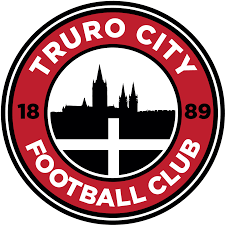An Overview of the UEFA European Women’s Championship Games

Introduction
The UEFA European Women’s Championship, one of the premier tournaments in women’s football, showcases the best national teams across Europe. Held every four years, the competition not only highlights the skill and determination of female athletes but also plays a crucial role in promoting women’s sports globally. The importance of this tournament has grown significantly, reflecting the increasing popularity of women’s football and the ongoing efforts towards gender equality in sports.
Recent Developments
The latest UEFA European Women’s Championship was held in July 2022 in England, marking a significant milestone as the tournament returned for the first time since the pandemic. The competition saw 16 teams battle it out for the coveted title, culminating in a thrilling final at Wembley Stadium that attracted over 87,000 fans. England emerged victorious, winning their first major women’s tournament, defeating Germany 2-1 in extra time, and confirming their status as a powerhouse in women’s football.
The tournament was not only a sporting spectacle but also served as a platform for important social issues, including discussions surrounding diversity, inclusivity, and support for women’s sports. UEFA has committed to enhancing the visibility and development of women’s football, leading to increased investments and initiatives aimed at growing the sport at grassroots levels.
Impact and Significance
The significance of the UEFA European Women’s Championship games extends beyond the realm of football. The event fosters a positive change in how women’s sports are perceived and supported. With record viewership both in stadiums and on television, the championship has become a key event on the sporting calendar. Additionally, it encourages female participation in sports and serves as an inspiration for young athletes across Europe and beyond.
Future Prospects
Looking ahead, the next UEFA Women’s Championship is scheduled for 2025, with Switzerland set to host the event. As the tournament continues to evolve, stakeholders and fans alike are optimistic about its potential to attract even larger audiences and further elevate women’s football globally. UEFA’s strategic focus on youth development, coupled with a growing commercial interest in women’s sports, bodes well for the future of the championship and the athletes who participate in it.
Conclusion
The UEFA European Women’s Championship games not only provide thrilling entertainment but also embody significant advancements in gender equality and sports development. As future tournaments approach, it’s clear that women’s football is on an upward trajectory, with the potential to inspire generations of female athletes and promote a more inclusive sports landscape.









